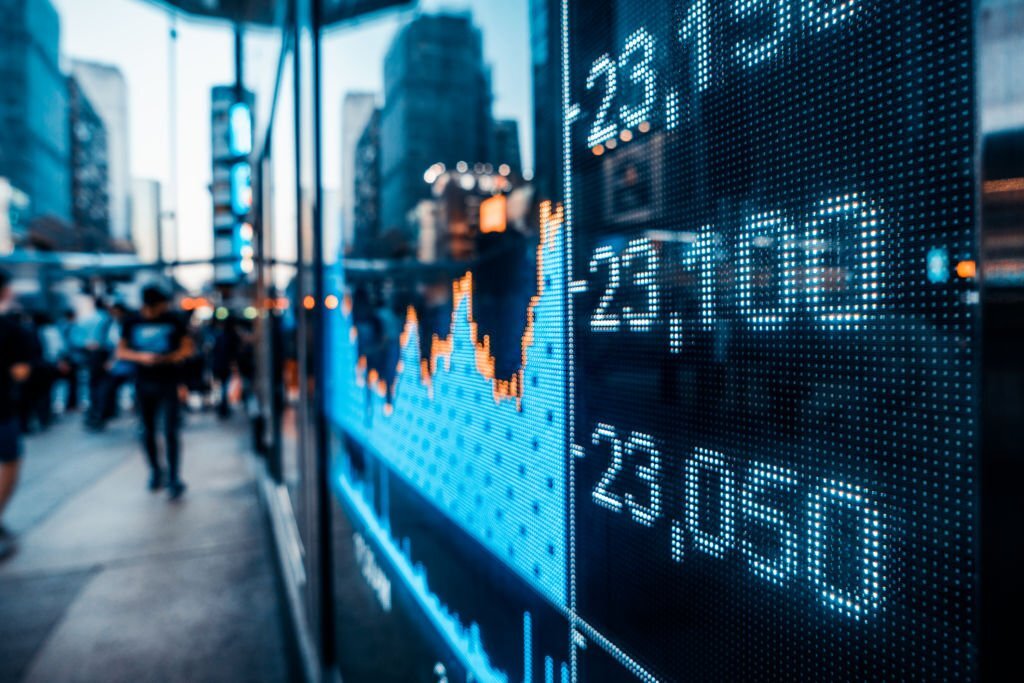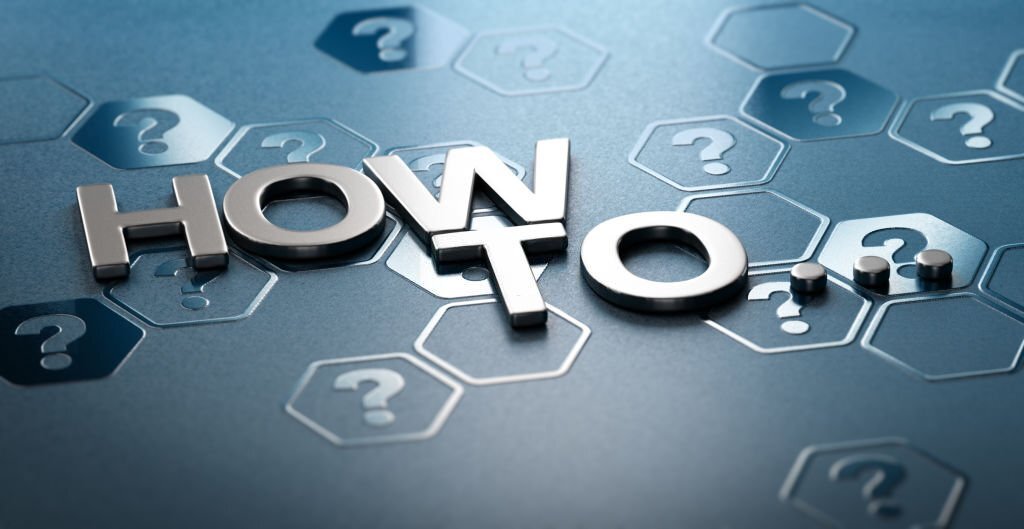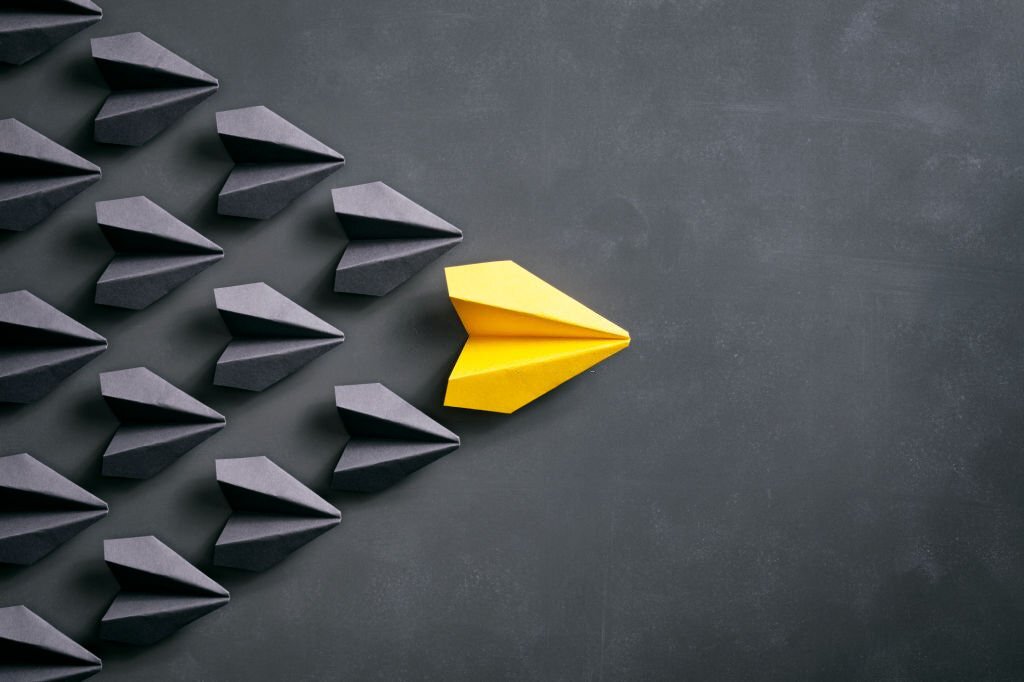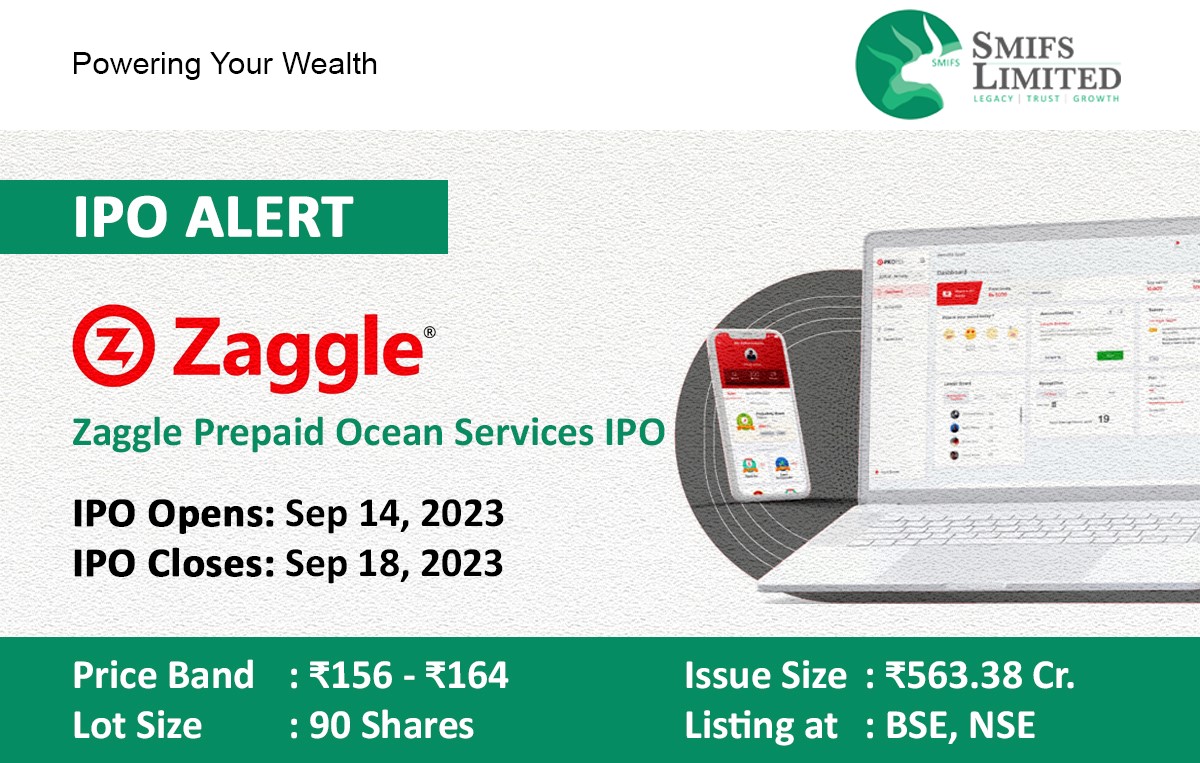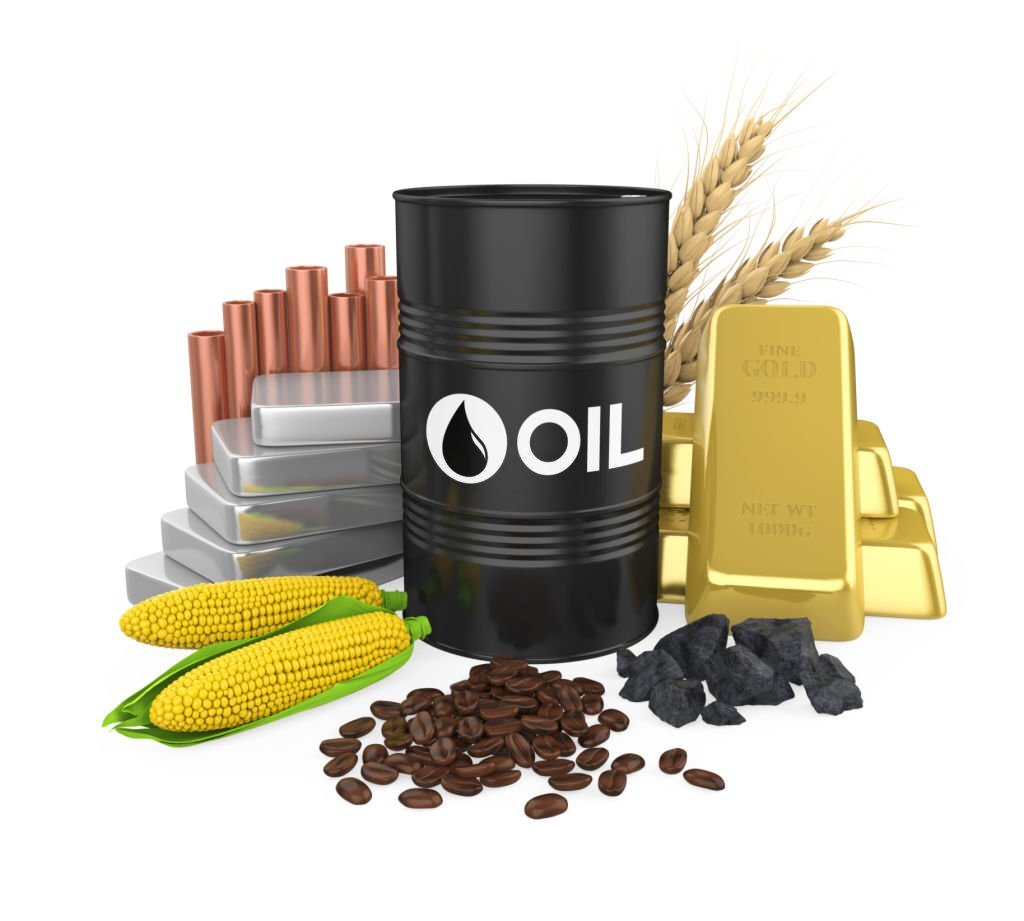
Commodity trading accounts are accounts that enable traders to trade directly in commodities. A commodity trading account is linked to your Demat account as it eases out the trading activities of ‘ buying/selling ‘ of the orders as it can be executed only with such accounts. Commodities brought by the traders are stored in the Demat account in an electronic format. Usually opening a commodity trading account is done with a plan of long-term investment so having a Demat account is obligatory for trading in your assets. These two accounts can be opened with any reputed broker in India. Both accounts can be opened on an online process with uncomplicated documentation and effort. A Depository Participant (DP) or a broker is registered officially with the exchange to trade commodities in the name of the investors.
What is commodity trading?

Some major categories of commodity trading
 Agriculture Commodities include:
Agriculture Commodities include:
| Cotton | Rice | Soya Bean | Tur Dal |
| Black Pepper | Castor Seeds | Crude Palm Oil | Maize |
| Wheat | Moong | Rice | Turmeric |
| Sugar | Kapas | Mentha Oil | Palmolein |
Metals
| Aluminium | Brass | Copper |
| Lead | Nickel | Zinc |
Energy
| Crude Oil | Natural Gas |
Precious Metals
| Gold | Silver | Platinium |
Number Of Commodity Exchanges
Commodity exchanges are regulated markets where the trading of commodities occurs. It completely depends on the trader if they make a choice of not taking the deliveries of commodities and rather they wish to deal in Future contracts which is an agreement to buy/sell a fixed amount of commodity at an agreed price and within the expiry date specified on the agreement document.
Nation Commodity Exchanges India Are:
- Multi Commodity Exchange of India Ltd (MCX)
- National Commodity and Derivative Exchange (NCDEX)
- Indian Commodity Exchange (ICEX)
- National Stock Exchange (NSE)
- Bombay Stock Exchange (BSE)
How To Open A Commodity Trading Account?
For investors to trade in commodities one has to link their savings bank account to their trading account and here is the procedure of how to open a commodity trading account online:
- The first step is to fill up the application form
- Next is to get the standard Know-Your-Customer (KYC) document submitted which includes:
- Identity Proof: passport, voter’s ID, driving license, PAN Card, and Aadhar card
- Address Proof: passport, voter’s ID, driving license, Aadhar card, phone bill, electricity bill, gas bill, rent agreement(home), etc.
- An agreement between the member and the client needed to be prepared with the commodity broker and the investor. The agreement is prepared on a non-judicial paper where the terms and services and the roles and responsibilities of the broker are mentioned clearly.
- The agreement after preparation now needs to be stamped by legal authority and to signify its validity revenue stamp will be affixed to the agreement. Depending on the state’s government rules the aspiring trader has to pay a stamp duty and registration fees.
- An income proof document needs to be submitted which includes:
- A statement of your business account
- Transcript of your ITR V/ Form 16
- Bank statement for the last 6 months
- Certificate of your net worth
- Certificate of Demat holdings
- Details of your Demat account have to be submitted and linked to the commodity trading account as this enables the Derivatives to be credited or debited from the commodity trading account.
- For your margin account, you need to provide a cheque with the initial margin. This balance can be used to trade in the commodity market. The margin deposit amount might differ from one broker to the other
How To Open a Commodity Trading Account Online?
- For the online application of your trading account, the commodity broker will receive all your documents at their head office for processing.
- A nominal activation fee will be charged by the broker to the investor.
- The time taken for the application of account opening might differ from one commodity broker to another.
- On activation of the account, the broker will create an account and trading ID for the investor. The investor can now log in to the account and set a new password.
Get Set Go With Commodity Trading Account
On Activation of your account, you can trade on commodities immediately, ensure that your initial margin is reflected in your account, and in case the initial margin is not showing report the m, matter to your broker immediately. Get familiar with using the margin calculator. Most brokers have such calculators on their websites or their official mobile apps.
In the case of derivatives, the profit and loss on trade reflect in your margin account. If you make a back-to-back loss your margin account will dive down and you will then have to add more funds to continue with trading if you make a profit from the trade you can vent out of the trade to fetch your profits.


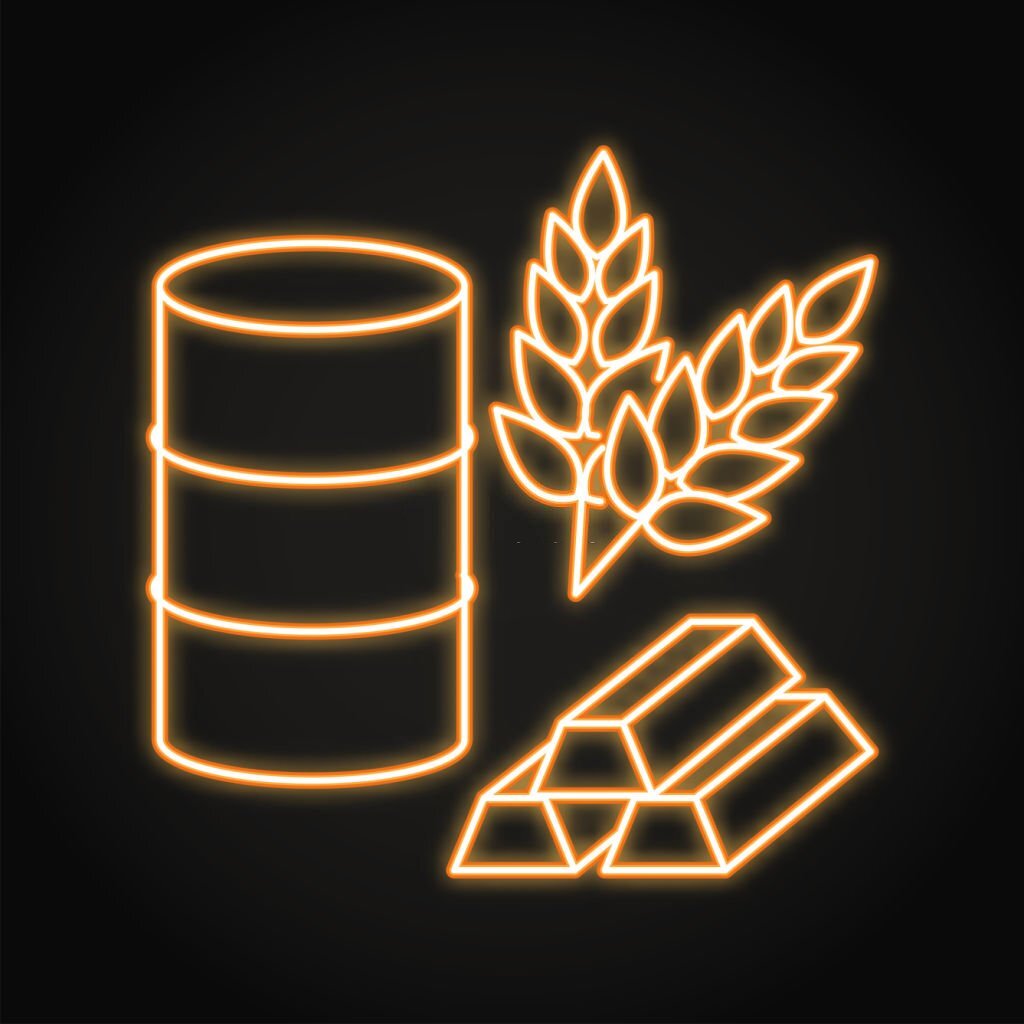 Agriculture Commodities include:
Agriculture Commodities include: